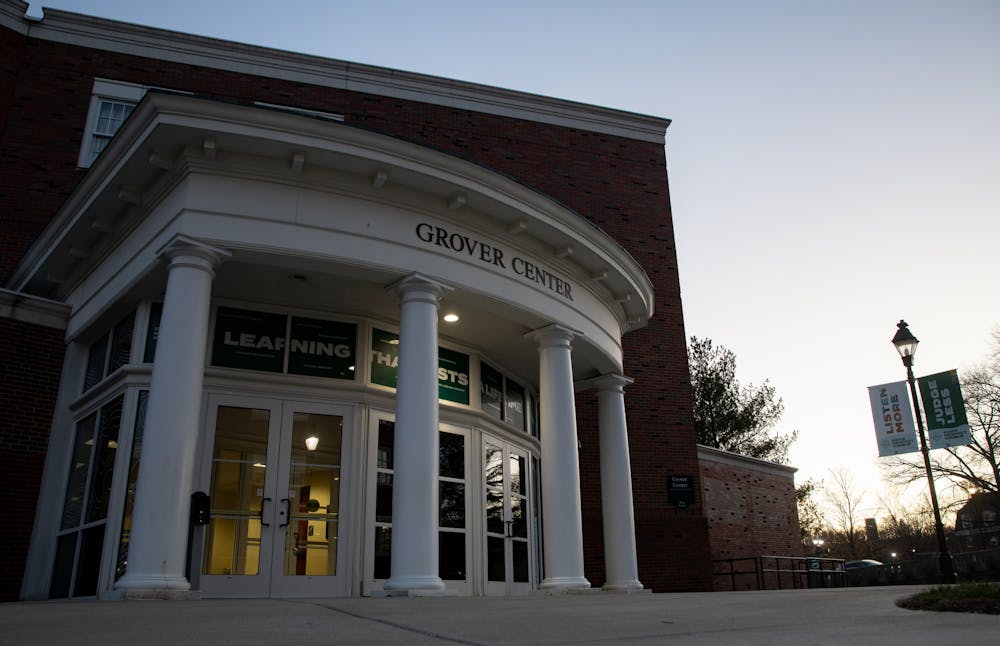The book "Maid: Hard Work, Low Pay, and a Mother's Will to Survive," written by Stephanie Land, tells the story of hard work, low pay and a mother's will to survive. Published in January 2019, "Maid" went on to become a New York Times bestseller and was later adapted into a show on Netflix.
In "Maid," Land explains her struggles as a single mother living in poverty trying to make ends meet. At 28-years-old, Land turned to housekeeping to pay bills, with a dream of providing her daughters the best life possible.
Last Wednesday, Ohio University had the pleasure of hosting an event with Land where she spoke on the realities of poverty in America. During her time speaking, Land explored themes such as the unfair treatment of essential workers, the unlivable wages in the service industry, and how poverty can never truly be escaped.
Land begins by giving credit to the millions who are unable to tell their same story because of societal prejudices.
"I'm often unfortunately reassured that some people are grasping onto my story because I look like them," said Land. "We especially don't like to hear from people who live in systemic poverty and systemic racism. People who endure personal attacks on their gender identity or for who they love."
Land then speaks on her life before her rise to fame due to "Maid."
"My life as a mother had been one of skipping meals and always saving the good food like the fresh fruit for my kids," Land said. "I told myself they deserved it more than I did. All of our clothes, furnishings, belongings and towels were falling apart."
A captivating moment of Land's speech was when she explained the changes in treatment she experienced as she transitioned from poverty to the upper-middle class.
"It jarred me to be treated as an equal by people who previously could have been my client," said Lands. "My job before was mainly to leave evidence that I had definitely been in a client's house. But as far as leaving evidence that I am a human being that had been walking around in their house was completely forbidden."
Land also explained how the U.S. had failed its so-called essential workers.
"We used to call them essential, but we are still failing them by not paying them a living wage, not allowing them access to healthcare, mental healthcare and often food," said Land. "By not allowing them to support their families while we literally hand them our children and expect them to support ours."
Lastly, a large theme that Land wanted to get across to the audience is the concept that poverty is an endless cycle. That America has also failed its many citizens who live in unthinkable conditions.
"As a country, we have historically lived by what I call a myth that if you work hard and play by the rules and pull yourself up by some bootstraps that you'll make it," said Land. "For those who believe that myth they also believe that if you're not making it, you're just simply not working hard enough, but the math just doesn't add up. The truth is, once you're in it, there often is no real path out of poverty. The welfare classes are too high and the obstacles are just too great, and the system too broken."
Throughout Land's speech, the audience was provided with a perspective on poverty that, prior to Maid, seemed shameful and avoided. Land, though, takes pride in her story in a way that prompts people to think differently about how they treat service workers.
Land is currently working on her sequel to "Maid," entitled "Class," which will tackle the higher education system and all the barriers low-income people face in that system. "Class" is expected to be published in October of this year.






